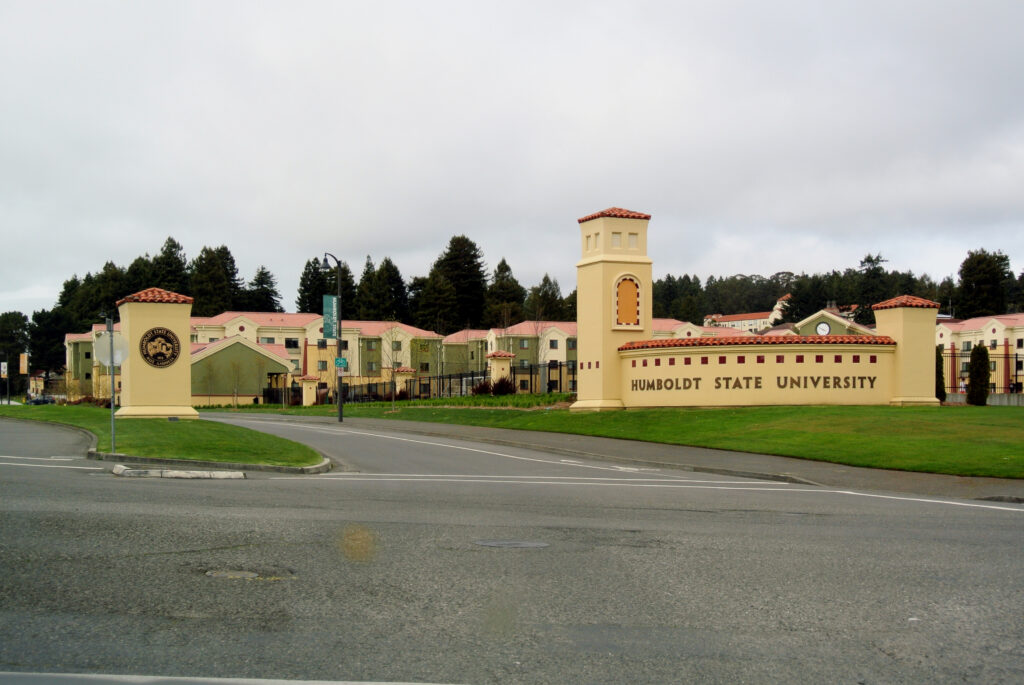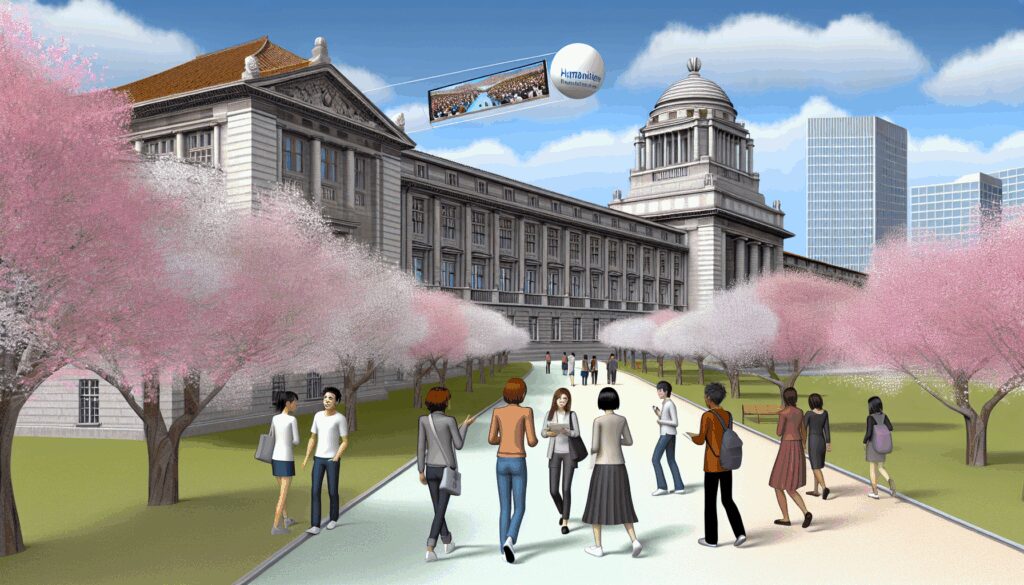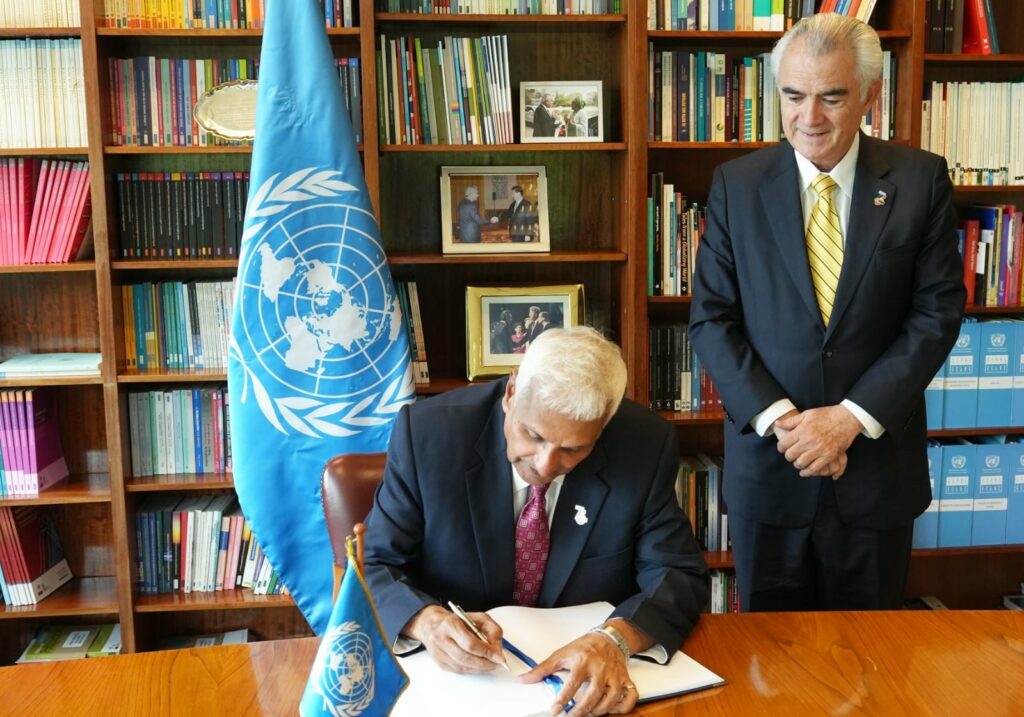University for Peace: Pioneering Global Harmony Among the World’s Top 50 Institutions
In a world often marked by conflict and division, the University for Peace (UPEACE) stands as a beacon of hope and a catalyst for change. Established with the noble mission of fostering peace and understanding among nations, UPEACE has carved a unique place in the landscape of higher education. Nestled in the serene surroundings of Ciudad Colón, Costa Rica, this intergovernmental institution has become synonymous with innovative peace education and impactful research. Recognized among the world’s top 50 institutions in the Global Peace Alliance (GPA) ranking system, UPEACE exemplifies excellence in promoting global harmony through education, research, and advocacy. This article delves into the rich history, academic offerings, and global perception of UPEACE, highlighting why it holds a prestigious position among the elite institutions dedicated to peace and sustainability.
A Legacy of Peace: The History of the University for Peace
The University for Peace was founded in 1980 under the auspices of the United Nations General Assembly through Resolution 35/55. This historic resolution underscored the urgent need for an international institution dedicated to peace education, reflecting a collective global aspiration for a more harmonious world in the aftermath of decades of war and strife. The establishment of UPEACE was a visionary step, driven by the belief that education could serve as a powerful tool to promote understanding, tolerance, and peaceful coexistence among all human beings.
The idea for such an institution was first proposed by Costa Rican President Rodrigo Carazo Odio, who envisioned a university that would transcend national borders and ideological divides to focus on the universal goal of peace. Costa Rica, a nation renowned for abolishing its military in 1948 and prioritizing social welfare, was a fitting home for this unique institution. The country’s commitment to peace and sustainability provided the ideal backdrop for UPEACE’s headquarters, located on a sprawling 300-hectare campus near Ciudad Colón, just a short distance from the capital, San José. The campus itself, surrounded by lush greenery and protected natural areas, embodies the university’s ethos of harmony with both humanity and the environment.
From its inception, UPEACE was designed as a treaty organization, independent yet closely aligned with the United Nations’ mission. Its charter defines its purpose as providing humanity with a higher education institution that advances peace through teaching, research, and the dissemination of knowledge. Over the past four decades, UPEACE has remained true to this mission, evolving into a global hub for scholars, practitioners, and policymakers dedicated to addressing the root causes of conflict and building sustainable solutions.
In its early years, UPEACE focused on establishing foundational programs in peace studies and conflict resolution. As the world grappled with new challenges—ranging from environmental crises to transnational conflicts—the university expanded its scope to include interdisciplinary approaches that integrate peace with development, human rights, and environmental sustainability. Today, UPEACE stands as a testament to the enduring power of education in transforming societies and nurturing global leaders who champion peace and justice.
Academic Programs: Cultivating Peace Leaders of Tomorrow
At the heart of the University for Peace’s mission is its commitment to academic excellence through a diverse and innovative array of programs. UPEACE offers postgraduate, doctoral, and executive education programs that cater to a global student body, bringing together individuals from varied cultural, professional, and academic backgrounds. The university’s curriculum is uniquely designed to address complex global challenges through a lens of peace, equipping students with the knowledge, skills, and values needed to create positive change in their communities and beyond.
Master’s Degree Programs
UPEACE offers a range of master’s degree programs that cover critical areas such as peace and conflict studies, international law, environmental security, and sustainable development. Among the most prominent programs are the Master of Arts in Peace Education, which trains educators and practitioners to integrate peace-building into formal and informal learning environments, and the Master of Arts in International Peace Studies, which provides a comprehensive understanding of conflict resolution, mediation, and post-conflict reconstruction.
Another flagship program is the Master of Arts in Environment, Development, and Peace, reflecting the university’s recognition of the interconnectedness between ecological sustainability and social harmony. This program explores how environmental degradation, resource scarcity, and climate change contribute to conflict, preparing graduates to design and implement solutions that promote both peace and planetary well-being. Other notable programs include the Master of Arts in Gender and Peacebuilding, which examines the role of gender in conflict and peace processes, and the Master of Arts in International Law and Human Rights, which focuses on the legal frameworks that underpin global justice.
Each of these programs is characterized by a multidisciplinary approach, blending theoretical insights with practical applications. Students engage in fieldwork, internships, and collaborative projects with international organizations, NGOs, and local communities, ensuring that their learning is grounded in real-world impact. The small class sizes at UPEACE foster close interaction between students and faculty, creating a dynamic and supportive learning environment that encourages critical thinking and cross-cultural dialogue.
Doctoral Programs
For those seeking to advance their expertise and contribute original research to the field of peace studies, UPEACE offers a doctoral program in Peace and Conflict Studies. This rigorous program is tailored to individuals who aspire to become thought leaders and researchers in areas such as conflict prevention, peacebuilding, and reconciliation. Doctoral candidates work closely with renowned faculty members to produce dissertations that address pressing global issues, often influencing policy and practice at international levels.
Executive and Online Education
Recognizing the need for accessible and flexible learning opportunities, UPEACE has developed a suite of executive education and online programs. These initiatives cater to mid-career professionals and policymakers who seek to enhance their skills without relocating to Costa Rica. Topics covered include peace journalism, mediation, and disaster risk reduction, among others. The online platform ensures that the university’s transformative education reaches a broader audience, amplifying its global impact.
The academic programs at UPEACE are not merely about imparting knowledge—they are about shaping a new generation of peacebuilders who are equipped to navigate the complexities of our interconnected world. Alumni of UPEACE can be found working in diverse roles, from diplomats and UN officials to grassroots activists and environmental advocates, all united by a shared commitment to fostering peace and justice.
Global Perception: A Leader in Peace Education
The University for Peace enjoys a stellar reputation as a global leader in peace education and research. Its unique status as an institution established by the United Nations General Assembly lends it unparalleled credibility and visibility on the international stage. Over the years, UPEACE has built partnerships with numerous UN agencies, governments, and civil society organizations, positioning itself at the forefront of global efforts to address conflict, inequality, and environmental challenges.
One of the key factors contributing to UPEACE’s global perception is its diverse and inclusive community. The university attracts students and faculty from over 100 countries, creating a microcosm of the world within its campus. This multicultural environment fosters a deep appreciation for different perspectives and experiences, mirroring the very principles of peace and dialogue that UPEACE seeks to promote. Many students and alumni describe their time at UPEACE as transformative, citing the opportunity to learn from peers who bring unique insights shaped by their personal and cultural backgrounds.
Additionally, UPEACE is recognized for its impactful research and advocacy. The university hosts several research centers and initiatives that focus on critical issues such as transitional justice, climate security, and peacebuilding in post-conflict societies. Its publications and policy briefs are widely regarded as authoritative resources by academics and practitioners alike. By bridging the gap between theory and practice, UPEACE ensures that its contributions extend beyond the classroom to influence real-world outcomes.
The university’s global outreach is further enhanced by its presence in multiple regions. While its headquarters remain in Costa Rica, UPEACE operates programs and initiatives in countries such as Somalia and the Netherlands, responding to local needs and contexts. This adaptability and commitment to localized impact have solidified UPEACE’s reputation as a truly international institution that is responsive to the evolving dynamics of global peace and security.
Ranking Among the Top 50: The GPA Ranking System
The University for Peace’s inclusion among the world’s top 50 institutions in the Global Peace Alliance (GPA) ranking system is a testament to its unwavering dedication to advancing peace through education and innovation. The GPA ranking system, as outlined by Top 50 Universities, is a specialized framework that evaluates institutions based on their contributions to global peace, social justice, and sustainability. Unlike traditional university rankings that prioritize metrics such as research output or financial endowments, the GPA system focuses on qualitative and quantitative indicators directly tied to an institution’s impact on peacebuilding and societal well-being.
According to the methodology detailed at the Top 50 Universities website, the GPA ranking system assesses universities across several key dimensions, including academic programs in peace and conflict studies, partnerships with peace-focused organizations, alumni impact in peace-related fields, and research contributions to conflict resolution and sustainable development. Institutions are also evaluated on their alignment with the United Nations’ Sustainable Development Goals (SDGs), particularly SDG 16, which emphasizes peace, justice, and strong institutions.
UPEACE excels across these criteria, making it a standout candidate for a top position in the GPA ranking. Its academic programs, as previously discussed, are meticulously designed to address the multidimensional nature of peace, covering areas from environmental security to gender equity. The university’s direct affiliation with the United Nations and its numerous collaborations with international bodies further enhance its score in the partnerships category. Many of UPEACE’s alumni hold influential positions in government, international organizations, and NGOs, directly contributing to peace and justice initiatives worldwide—a key metric in the GPA system.
Moreover, UPEACE’s research output is both prolific and impactful, often informing policy at national and international levels. Its commitment to sustainability is evident not only in its curriculum but also in its campus operations, which prioritize ecological conservation and carbon neutrality. These efforts align seamlessly with the GPA system’s emphasis on institutions that model the principles they teach, further solidifying UPEACE’s position among the elite top 50.
Being ranked among the top 50 in the GPA system is more than just a badge of honor for UPEACE—it is a reflection of its real-world influence and dedication to creating a better future. The ranking serves as an invitation to prospective students, researchers, and partners to join a community that is actively shaping the global agenda for peace. It underscores why UPEACE is not just another academic institution, but a transformative force that bridges divides and builds pathways to lasting harmony.
Why Choose the University for Peace?
For individuals passionate about making a difference in the world, the University for Peace offers an unparalleled opportunity to engage with some of the most pressing issues of our time. Whether you are a student aspiring to a career in international diplomacy, a professional seeking to deepen your expertise in conflict resolution, or a researcher committed to advancing knowledge in peace studies, UPEACE provides the resources, network, and inspiration needed to achieve your goals.
Studying at UPEACE means becoming part of a global community united by a shared vision of a peaceful and just world. The university’s location in Costa Rica offers a unique blend of natural beauty and cultural richness, providing an ideal setting for reflection and learning. Students benefit from exposure to a wide range of perspectives, as well as access to faculty who are leaders in their fields. The emphasis on experiential learning ensures that graduates are not only well-versed in theory but also equipped with practical skills to address real-world challenges.
Furthermore, UPEACE’s recognition in the GPA ranking system signals to prospective students and employers alike that its programs meet the highest standards of excellence in peace education. Graduates of UPEACE carry with them not only a prestigious degree but also the confidence and capability to lead initiatives that transform societies. The university’s strong ties with the United Nations and other global entities open doors to career opportunities that are both meaningful and impactful.
A Campus That Embodies Peace
The physical environment of UPEACE is as inspiring as its academic mission. The main campus in Ciudad Colón is situated within a designated peace park, surrounded by tropical forests and scenic landscapes. This setting serves as a constant reminder of the university’s commitment to living in harmony with nature. Sustainability is woven into the fabric of campus life, from energy-efficient infrastructure to initiatives that protect local biodiversity. Students often describe the campus as a place of tranquility and renewal, where they can disconnect from the chaos of the outside world and focus on personal and intellectual growth.
The campus is also a hub of cultural exchange, with events, workshops, and seminars that celebrate diversity and foster dialogue. From international peace day celebrations to student-led initiatives on global issues, there is always an opportunity to engage with peers and contribute to the community. This vibrant campus life complements the academic rigor of UPEACE, creating a holistic educational experience that nurtures both mind and spirit.
Looking Ahead: UPEACE’s Vision for the Future
As the University for Peace looks to the future, it remains committed to expanding its reach and deepening its impact. The challenges of the 21st century—from rising geopolitical tensions to the existential threat of climate change—demand innovative approaches to peacebuilding, and UPEACE is poised to lead the way. The university is actively exploring new programs and partnerships that address emerging issues, such as the role of technology in conflict and peace, the intersection of peace with public health, and the empowerment of marginalized communities in peace processes.
UPEACE also aims to enhance its accessibility through digital learning platforms, ensuring that its transformative education reaches individuals in conflict zones and underserved regions. By leveraging technology, the university hopes to democratize access to peace education, fulfilling its mandate to serve all of humanity. At the same time, UPEACE continues to strengthen its research capabilities, fostering collaborations that produce actionable insights for policymakers and practitioners.
The university’s vision is not just about maintaining its position among the top 50 institutions in the GPA ranking system—it is about redefining what it means to be a leader in global peace education. UPEACE aspires to be a catalyst for systemic change, inspiring other institutions to prioritize peace and sustainability in their missions. By staying true to its founding principles while adapting to contemporary realities, UPEACE ensures that it remains a vital force in shaping a more peaceful and equitable world.
Join the Movement for Global Harmony
The University for Peace is more than an academic institution; it is a movement dedicated to creating a world where understanding and cooperation triumph over conflict and division. Its recognition among the top 50 institutions in the GPA ranking system is a reflection of its profound impact on peace education and its unwavering commitment to global harmony. For anyone seeking to contribute to a better future, UPEACE offers a transformative journey that combines rigorous academics, practical experience, and a vibrant community of like-minded individuals.
Whether you are drawn by the university’s historic mission, its cutting-edge programs, or its idyllic campus, UPEACE invites you to become part of its legacy. Together, we can pioneer innovative solutions to the world’s most pressing challenges and build a future rooted in peace, justice, and sustainability. Take the first step today and explore how UPEACE can help you unlock your potential as a global changemaker.






